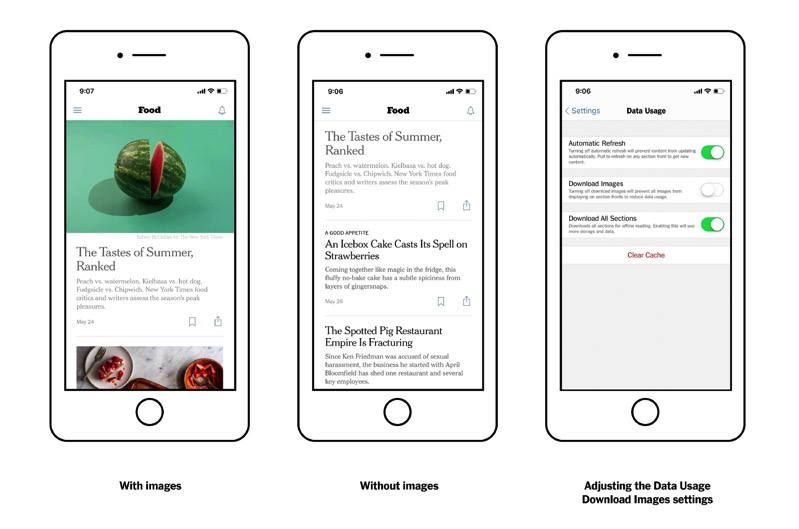

My next move was to try and bring in the 'A' in case there was another vowel to tease out. But if I'd gone with Marc McLaren's all-time favorite of STARE, I'd have left 27 options remaining, while SAINT would have whittled it down to just eight. Still, WordleBot reckons that wasn't too bad, leaving 47 possible solutions. Instead, I opted for TRICE which would have been excellent yesterday but was somewhat lacking for today's Wordle. My first mistake was steering clear of the best Wordle start words endorsed by my more talented colleagues. I did manage Wordle #471, but it was an extremely near-run thing. Gather round Wordlers, for a tale of near failure and the lessons you can absorb if you want to avoid a similar fate. Appalachian enrolls more than 19,000 students, has a low student-to-faculty ratio and offers more than 150 undergraduate and graduate majors.So, what is today's Wordle answer for game #471? Located in the Blue Ridge Mountains, Appalachian is one of 17 campuses in the University of North Carolina System. The Appalachian Experience promotes a spirit of inclusion that brings people together in inspiring ways to acquire and create knowledge, to grow holistically, to act with passion and determination, and to embrace diversity and difference. About Appalachian State UniversityĪs the premier, public undergraduate institution in the state of North Carolina, Appalachian State University prepares students to lead purposeful lives as global citizens who understand and engage their responsibilities in creating a sustainable future for all. Past speakers have included activist Gloria Steinem, conservationist Terry Tempest Williams, presidential historian Harold Holzer, CNN correspondent Peter Bergen and award-winning science journalist Carl Zimmer. Their views enliven campus dialogue on a variety of issues.
#Nytimes app series#
The University Forum Lecture Series brings nationally prominent speakers to campus. “I encourage you to find what speaks to you.” About the University Forum Lecture Series We can, here and there, make extraordinary differences in people’s lives,” he said. “My answer is, it’s always a mistake to pit them against each other. People wanting to make a difference often ask him, he said, whether they should focus on issues abroad or at home. Young people can build a bridge across what he called “the empathy gap” - through education, study abroad and other opportunities to observe another culture. The world needs to develop a greater collective responsibility and demonstrate stronger empathy toward others, Kristof said.

In a speech titled “Why Students Should Care About the World & Change It,” the journalist shared stories from his career covering world affairs, including sex trafficking and access to education. Known for bringing attention to human rights issues, Kristof spoke on campus in spring 2018 as part of the University Forum Lecture Series. “Find some bucket you care about and add a few drops to it, and that can be transformative to the people that you help.” “Take it from me, drops in the bucket - that’s how we can fill the bucket together,” said Kristof, who has reported on world events and the people affected by them in more than 150 countries. Pulitzer Prize-winning New York Times columnist Nicholas Kristof encouraged Appalachian State University students wanting to make a difference in the world to find an issue they’re passionate about and “add a few drops” to that bucket.


 0 kommentar(er)
0 kommentar(er)
